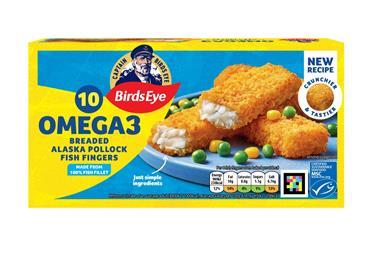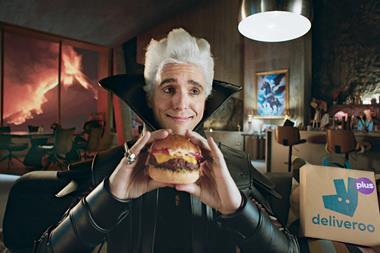
Children and teenagers are being bombarded with videos and images of junk food on social media, including waves of content for unhealthy products promoted by influencers online.
A survey carried out by Cancer Research UK found more than half of young social media users reported seeing posts relating to HFSS products by both businesses and influencers in the past month.
It said social media feeds were full of promotional content from restaurants, recipes and videos featuring HFSS products. It also found that young people were more likely to engage with content about junk food if it is shared by influencers.
Cancer Research UK said that with the ban on HFSS ads before 9pm on TV and a complete ban online due to come into force in January, ministers must do more to protect young people from “harmful marketing that could increase their risk of obesity and cancer in the future”.
The online survey of 4,049 children aged 11 to 21 across the UK, carried out by YouGov, was accompanied by a qualitative study with groups of young children which found how products such as cigarettes, vapes, HFSS products and alcohol appeared regularly on participants’ social media.
HFSS products were the most prominent in both the survey and the quantitative study.
The power of influencer advertising
New restrictions on advertising, including a UK-wide ban on paid-for HFSS product advertising on social media, are due to come into effect in January 2026, with voluntary adoption of the restrictions by many advertisers set to kick in from October this year.
Malcolm Clark, senior prevention policy manager at Cancer Research UK, said: “Our survey found more than half of children regularly see content promoting unhealthy products online, often promoted by influencers. Almost four in 10 said they engaged with these posts.
“Behind this constant stream of high-sugar content lies a growing pubic health concern. Our survey shows that users engage more with influencer content than with advertising from businesses.
“They make products much more relatable, which means junk food messages can be hard to stop.”
The government’s HFSS legislation clampdown was due to come into force in October this year but was delayed after legal threats from brands that faced being banned from advertising, even for adverts not featuring specific HFSS products.
Ministers have promised to rewrite the legislation to allow brands to market their products if junk food products are not featured.
Cancer Research UK said the new survey showed the danger of allowing brands pumping out junk food products to continue reaching young people, including through influencer tie-ups.
“Yes, planned restrictions come into force in January, but without strong enforcement of this regulation and the closure of loopholes such as those on brand advertising, the impact of these restrictions could be reduced,” added Clark.
“We need to take bold action to shield young people form this avalanche of harmful marketing.”



















No comments yet